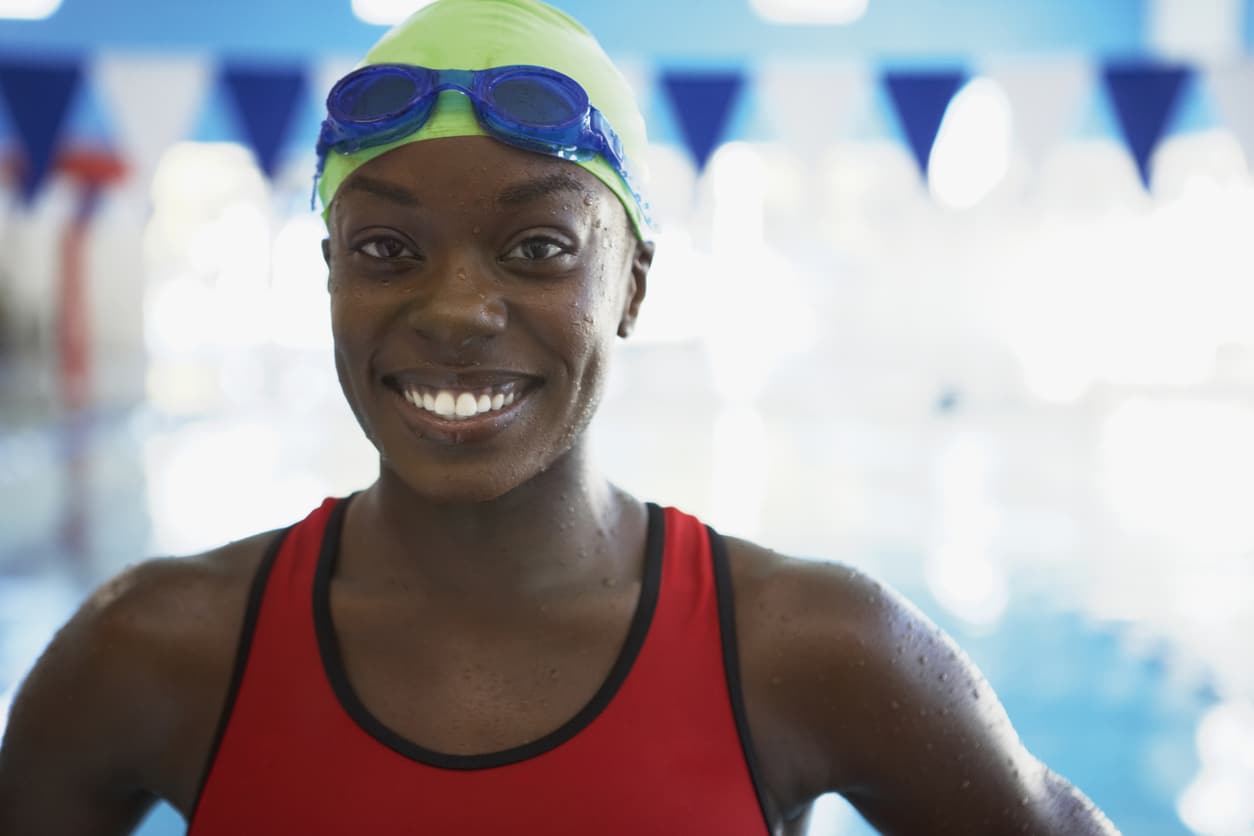Whether you’re part of a professional swim team, play tennis with your friends at Presidents Park or just enjoy a nice run here and there, you probably know that playing sports comes with its fair share of physical dangers. While most of the focus is on orthopedic injuries like knee and shoulder problems, it’s essential to consider your ENT health when signing up for your next intramural sport.
Let’s take a look at a few areas where your ENT health could be at risk and how our specialists can help.
Swimmer’s Ear

Swimmer’s ear is an outer ear fungal or bacterial infection most often caused by water retention in the ear. Although it is usually associated with frequent swimmers, it is possible to develop swimmer’s ear after just one swim in a high-bacteria environment. A few symptoms of swimmer’s ear include:
- Ear pain
- Itchiness in the ear
- Fluid drainage from the ear
- Redness and swelling around the outer ear
- Temporary hearing loss and feeling of fullness or blockage in the ear
- Low fever
Swimmer’s ear won’t go away on its own and may spread if left untreated. Our ENT specialists can treat the condition by prescribing antibiotics and corticosteroid ear drops and cleaning out fluid buildup when necessary. To help prevent swimmer’s ear, swim in clean environments, wear earplugs and dry your ears fully after each trip to the pool.
Nosebleed
Nosebleeds are a common result of contact sports and low hydration. You will likely be able to stop minor nosebleeds at home by leaning slightly forward and pinching the soft part of your nose against the bony ridge for five to 10 minutes. However, long-lasting or very productive nosebleeds require medical attention. Depending on the severity of the bleed, your ENT specialist may recommend treatments, including nasal packing, cauterization or surgery. To help minimize nosebleeds, wear a helmet during contact sports, drink plenty of water and run a dehumidifier if your nose is dry.
Nasal Fracture
Whether you take a football to the face or trip and faceplant during a run, a sudden impact can damage the nose. For nasal fractures, your ENT specialist may suggest using ice and pain relievers to manage swelling and discomfort. In more severe cases where blood pooling (septal hematoma) occurs, draining might be necessary. If the bones of your nose have shifted out of alignment, your specialist might recommend manual realignment or surgery. Additionally, they will likely advise you to take a break from sports for at least six weeks to allow the fracture to heal properly. To help prevent nasal fractures, wear a helmet during contact sports.
To learn more about protecting your ENT health while playing sports, contact ENT & Allergy Specialists – Ear Nose and Throat Physicians and Surgeons today to schedule an appointment with one of our specialists.